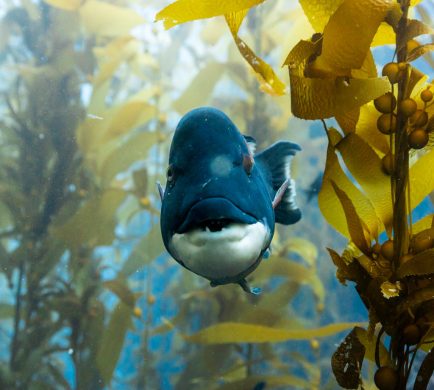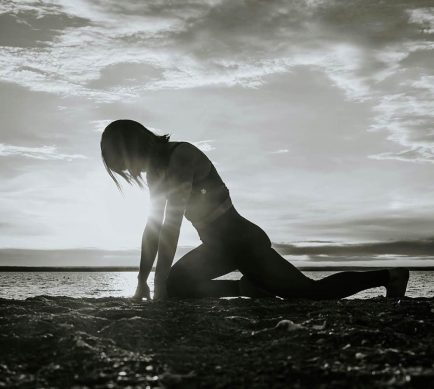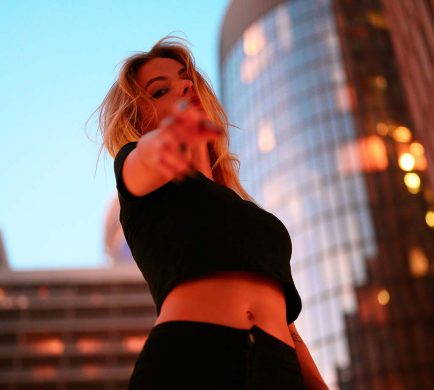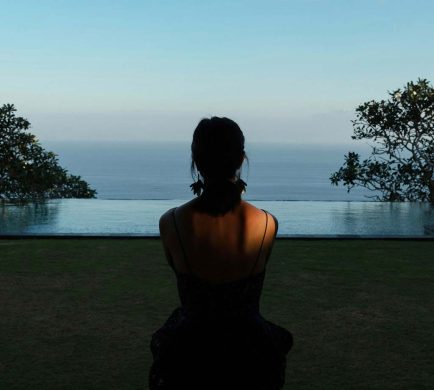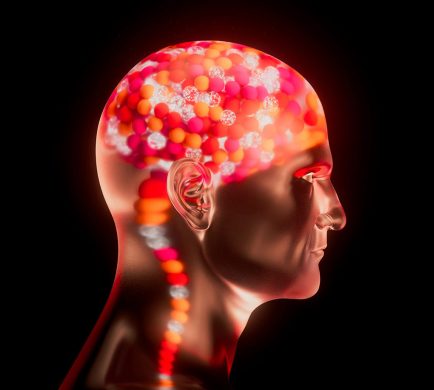The Role of Poetry in Discovering and Reclaiming the Fragmented Self
By Angela Dunning
A few years ago, following a spiritually uplifting and very healing holiday in the West of Ireland, I found myself having the sudden urge to write poems. Inspired by the outrageously stunning and wild scenery of Western Ireland, out of nowhere, words began to tumble out of my mind and form into poems on the page, as if by their own volition.
As I started to embrace my new-found creativity and allow this free-flowing energy to run down my arms and into my hands, I discovered several things in quick succession:
One: There was such freedom in writing poetry. I could let go of sentence structure, paragraphs and even, to some extent, punctuation and logic. Unlike any other written form, poetry allows, if not encourages, a bending of the rules, urging this free-form style to run free. It was possible, therefore, to allow my creative imaginings and metaphors to take on a life of their own, as this energy danced quite gaily out of my fingertips by itself.
Two: As someone committed to my own personal healing and growth, I learned that writing poems allowed me to express some very difficult personal experiences and feeling-states. For example, to my astonishment, it was often during or immediately after a bout of deep depression that most of my poems would suddenly spring to life, quickly forming their words on the page and seemingly from out of the darkness of the abyss I had just found myself in once again.
I found this to be doubly beneficial as it helped me make conscious sense of what I had just been through (another unwanted visit to the Underworld), and it seemed to help clear away the stuck, de-pressed energy from my system. It seems I had found both an outlet and an agent to help me deal with my periods of depression.
Three – And this is so often the case when you are brave enough to write down some of your most personal experiences: A lot of people resonated with my poems and said they found them supportive and comforting.
Finally, I discovered, much to my utter joy, that I really enjoyed writing poems. A whole new playfulness arose in me at times as I conjured up imagery and symbolism, allowing the poem to almost write itself much of the time. I had found a new creative form of expression which was simultaneously healing and enjoyable.
As my confidence grew I found at times that I was writing a new poem each day. Many a morning I would be showering or driving my car and suddenly a word, or a phrase would spring into my awareness and, like a golden thread, I would follow wherever it wanted to take me, showing me lands and feeling-states I had never before explored through words.
My personal journey of healing has found a voice in writing these poems. Furthermore, I am now finding the courage to share my ups and downs and challenges with others by publically sharing my poems online. And in turn, my readers find a safe haven to offer their own troubled-selves, as they read and connect with my words.
If we think of some truly great contemporary poets in the self-help and spirituality field, I’m sure we have all had a similar experience, where the writer has somehow found the words and imagery to reflect on their own journey, which in turn, shines a new light on our own struggles. One only has to read the poems of John O’Donohue, David Whyte, Mary Oliver or Oriah Mountain Dreamer to find a deep resonance and sense of immediate comfort in their beautiful words and metaphors.
I now also include writing and poetry in my workshops and one-to-one work with people who are also on a journey of personal exploration. In the safe space of our work together my clients can allow their subconscious and imagination to run wild, allowing words to tumble free-form onto the paper; rather than worrying about whether it makes sense or is logical.
Poetry gives us permission, in fact it demands, that we ask our controlling left-brain to take a break and instead allow our more gentle, right-brain to take over for a while.
Like a spiral or a labyrinth, our pen or keyboard can trace a shape which is intuitive, non-linear and curious for a change.
One last word about writing poetry that I’d like to share with you is this: You don’t need to be a good writer or trained in writing poetry to begin. That is the other beautiful thing about poetry: You can simply allow your own thoughts, feelings and imaginings to form and flow. Even if no one else sees what you have written, what is important is that you allow and facilitate this flow through a desire to express yourself, releasing blocked energy and even traumatic experiences in the process.
To finish I’d like to finish by sharing one of my earliest poems with you; I hope you enjoy it.
Reclaiming My Power
Slowly, little by little
I re-find parts of myself
Buried, forgotten and lost
I unearth them into being.
Arching my spine
Like a majestic horse
I stretch into my new self
Feeling them slowly become
Part of the new me.
Hints of memories
Flashes of insight
Words of wisdom
That just suddenly take flight
Out of my mouth.
Re-finding myself
A little more each day
No one-off workshop
Not one technique.
But a steady gathering
Of pieces slot by slot
Bringing me together
Joining the dots
And the threads
That I follow.
That’s all that’s required
I now find
No magic power from
Outside of my own hand
But a deep revealing
That my truth lies quietly inside.
Angela Dunning is the author of The Horse Leads the Way: Honoring the True Role of the Horse in Equine Facilitated Practice. You can learn more about Angela; her work helping people and horses reclaim their wildness, and read more of her articles at: www.thehorsestruth.co.uk You can also connect with Angela on Facebook: https://www.facebook.com/thehorsestruth | www.thehorsestruth.co.uk



